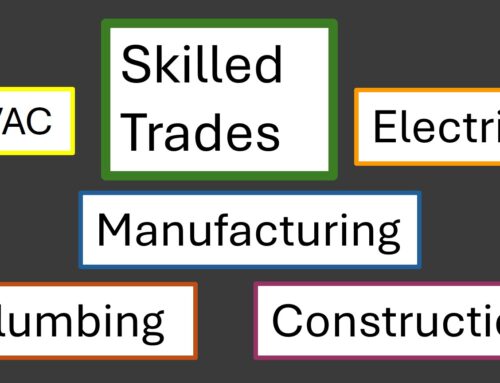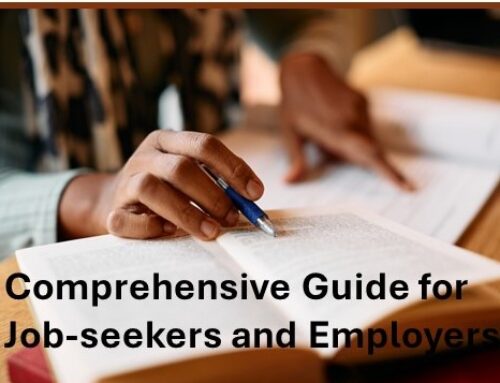 We’ve all heard of Alzheimer’s disease, which became a household term in the early 1980s. This progressive disease forms plaque that attacks the brain, slowly destroying memory and cognition. Sufferers gradually lose the ability to speak, walk, and even swallow. Today, doctors can test your DNA to see if you are predisposed to developing this disease. And with this knowledge in mind, you can start taking preventative measures.
We’ve all heard of Alzheimer’s disease, which became a household term in the early 1980s. This progressive disease forms plaque that attacks the brain, slowly destroying memory and cognition. Sufferers gradually lose the ability to speak, walk, and even swallow. Today, doctors can test your DNA to see if you are predisposed to developing this disease. And with this knowledge in mind, you can start taking preventative measures.
There are several steps you can take to prevent Alzheimer’s disease. All these strategies will sound familiar because doctors suggest them as beneficial strategies for preventing other diseases:
- Keep your blood pressure within a normal range.
- Exercise regularly.
- Maintain a healthy weight.
- Stop smoking.
- Eat a nutritious diet.
- Avoid alcohol.
- Get enough sleep.
We’ve heard all these recommendations before.
But now doctors offer a new prescription—one that may surprise you. Shock your brain.
The good news is they are not referring to the electric shock treatment previously used to treat certain mental conditions. Instead, shocking your brain means forcing it to deal with something new. For example, you can ‘shock’ your brain by learning a new language or developing a new creative skill like painting, playing an instrument, or designing computer graphics. The possibilities are endless. Plus, expanding your experience may also prove professionally beneficial.
However, you could kill two birds with one stone by shocking your brain while at work. One way to accomplish this goal is by learning something new about your job. This strategy could benefit you in several ways if you are a manager. Managers must ensure not only that employees work toward a common goal but also that they remain happy at work. After all, workplace satisfaction does not happen by itself. One in eleven workers reports feeling disrespected by their bosses.
One way to show respect for your employees is to understand their various jobs. Of course, a manager does not have to know every detail of each position in the company. But the more he understands, the more he can relate to his workers. And this relationship is crucial. A 2021 survey polling more than 1,000 early-career workers aged 21 to 34 found that respectful communication is more important to employees than job perks. In fact, respectful workplace interactions top the charts as the most crucial factor in job satisfaction.
So, how can you combine respectful workplace interactions with a deeper knowledge of employee tasks? For starters, if you manage a construction site, learn how the electricians do their jobs. If you manage a shipyard, start practicing welding skills. Shadow the painters to see how their tools work and then learn the tricks they use to streamline their tasks. Besides showing support for your employees’ skills, you may also gain a greater appreciation for how tough your employees’ jobs are. Another perk involved with this strategy is that if you learn your workers’ skills, you can step in as an emergency replacement when someone becomes ill. And if you do everything described above, your efforts may shock your employees’ brains. When your workers see that you don’t feel their work is beneath you and that you appreciate their efforts, they may find it easier to respect you back.
Respect comes in two forms—owed and earned. We all need to feel respected and valued. Seniority, by default, falls into the owed respect category. But we’ve all endured bosses who wield their position of authority with little evidence of being worthy. On the other hand, you can earn the respect of your employees by getting into the trenches with them.
So, give yourself the benefit of protecting your brain and your company at the same time. Jump in there and learn something new. And let Gillman Services help you find qualified workers who want to join your team. Call us today so we can begin our partnership.






